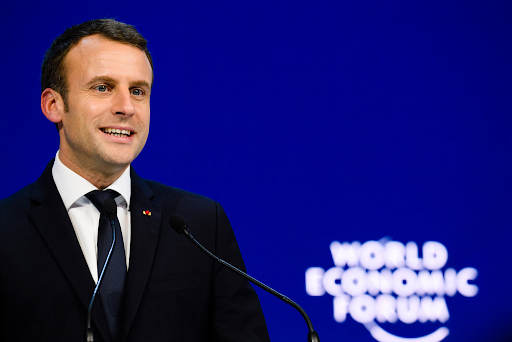In a carefully calculated move, the French government has acknowledged its violent past in Cameroon without issuing an apology. This strategic ambiguity allows President Emmanuel Macron to address historical grievances while avoiding the political and financial implications of a full mea culpa.
The acknowledgment came in a letter to President Paul Biya, where Macron accepted France’s “role and responsibility” for a war against independence movements. This was based on a joint commission’s findings that detailed a conflict from 1945 to 1971 that killed tens of thousands.
This approach is consistent with Macron’s handling of other colonial-era issues, such as the return of art to Benin. It seems designed to appease critics and respond to anti-French sentiment in Africa, without making commitments that could be legally or financially binding.
Critics argue that this halfway measure is insufficient. They contend that an acknowledgment without an apology lacks moral weight and that true reconciliation requires a more sincere expression of regret and a commitment to repair. The gesture, while historic, is therefore seen as more political than penitent.

